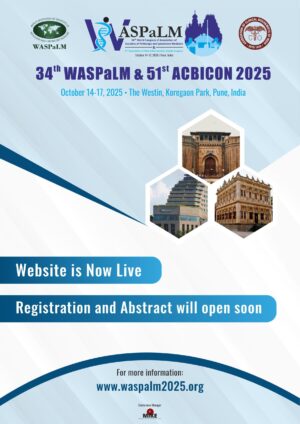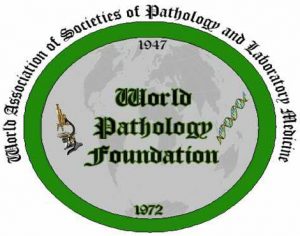WHA78
1. WHA agenda https://apps.who.int/gb/e/e_wha78.html
2. sessions related to medical devices:
13.1 On Non communicable diseases ( including resolutions WHA74.4 on diabetes and WHA73.2 on cervical cancer).
13.3 Primary Health Care which includes EB156(17) on diagnostic imaging for approval
13.6 Medical devices nomenclature
13.7 On health workforce
3. Side events:
WHA Official side event, taking place in person, in the Palais des Nations: https://apps.who.int/gb/Side-Events/WHA78/pdf_files/List_of_side_events_WHA78.pdf
Particularly you are all welcome on 21 May 27. 19:30- 20:50 Moving towards Action: Strengthening Diagnostics Capacity Through Global Collaboration, co-organized by: Gates Foundation, GMTA, WFNMB, ISR.
WHA78 events including Official and non official: https://unfoundation.org/wha-78-calendar-side-events-more/
Particularly 21 May 18:30- 21:30 Strengthening medical imaging capacity: The time is now | Addressing NCDs in low-resource settings, co-organized with ISR, WFNMB
There are multiple events!!








